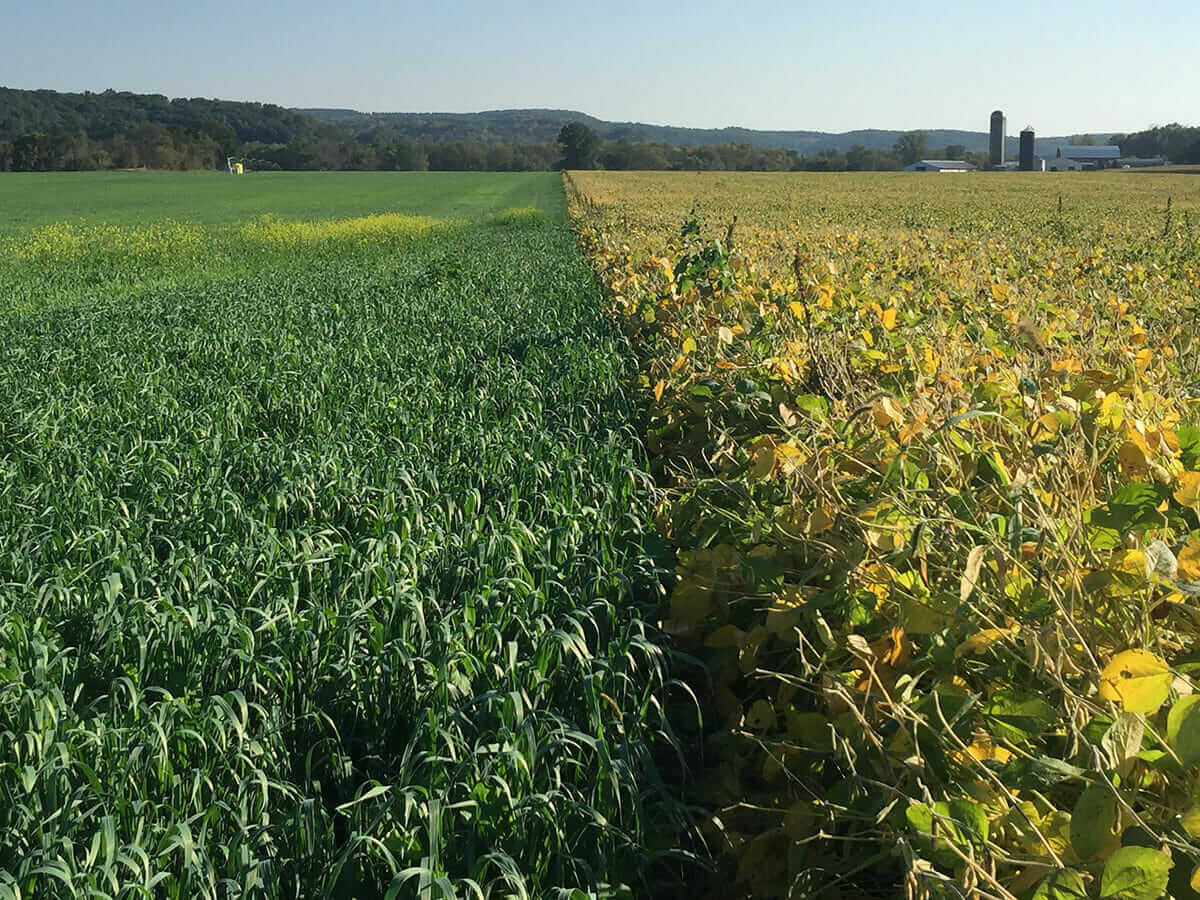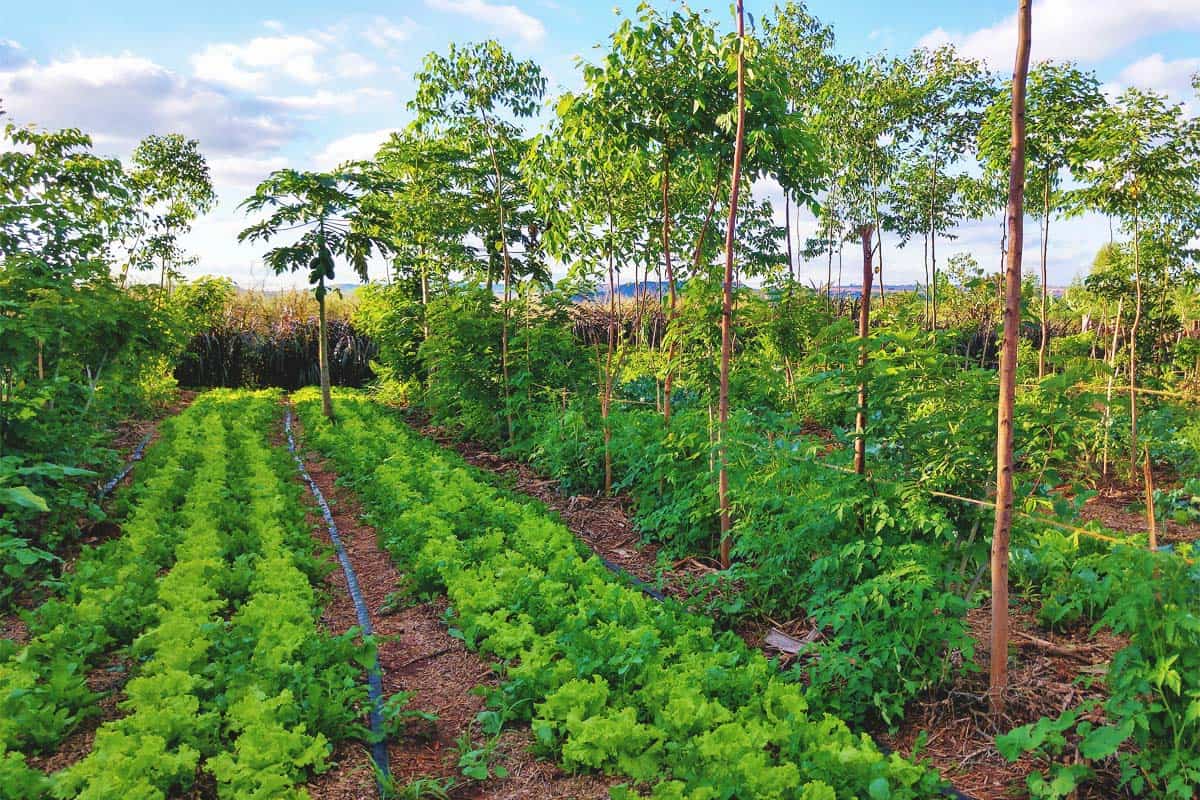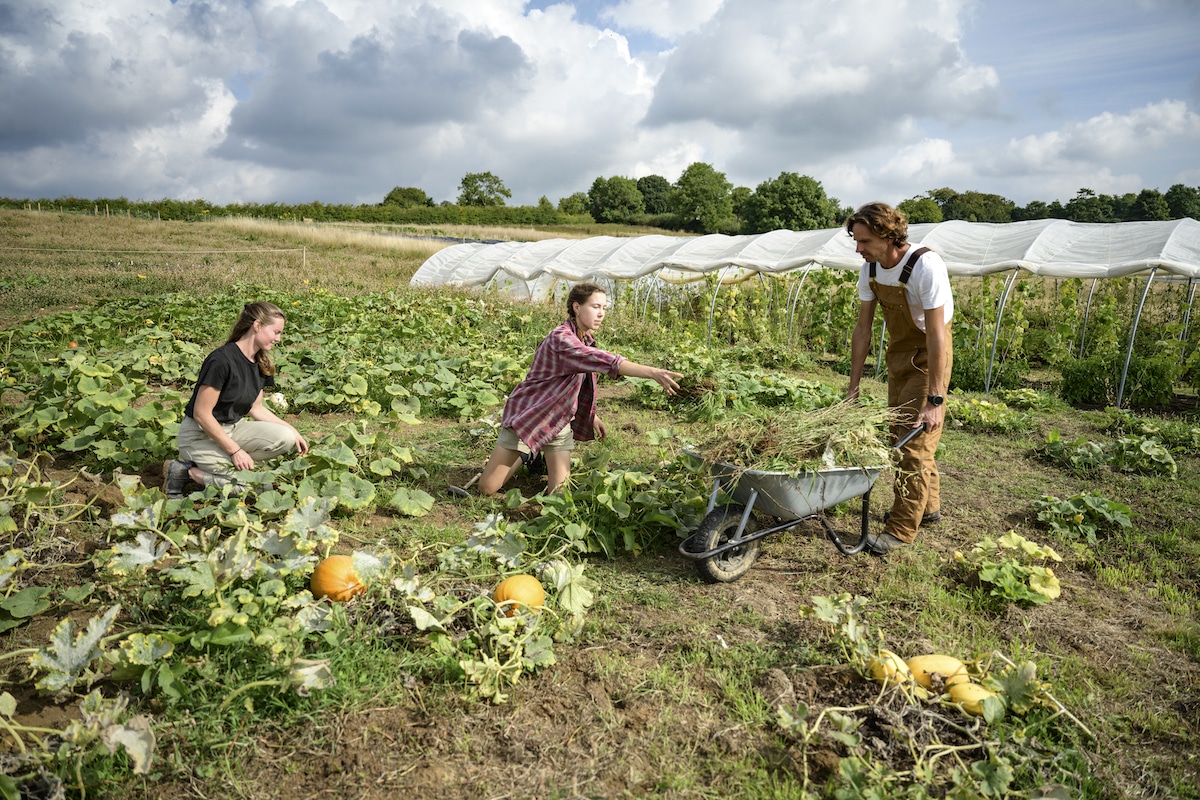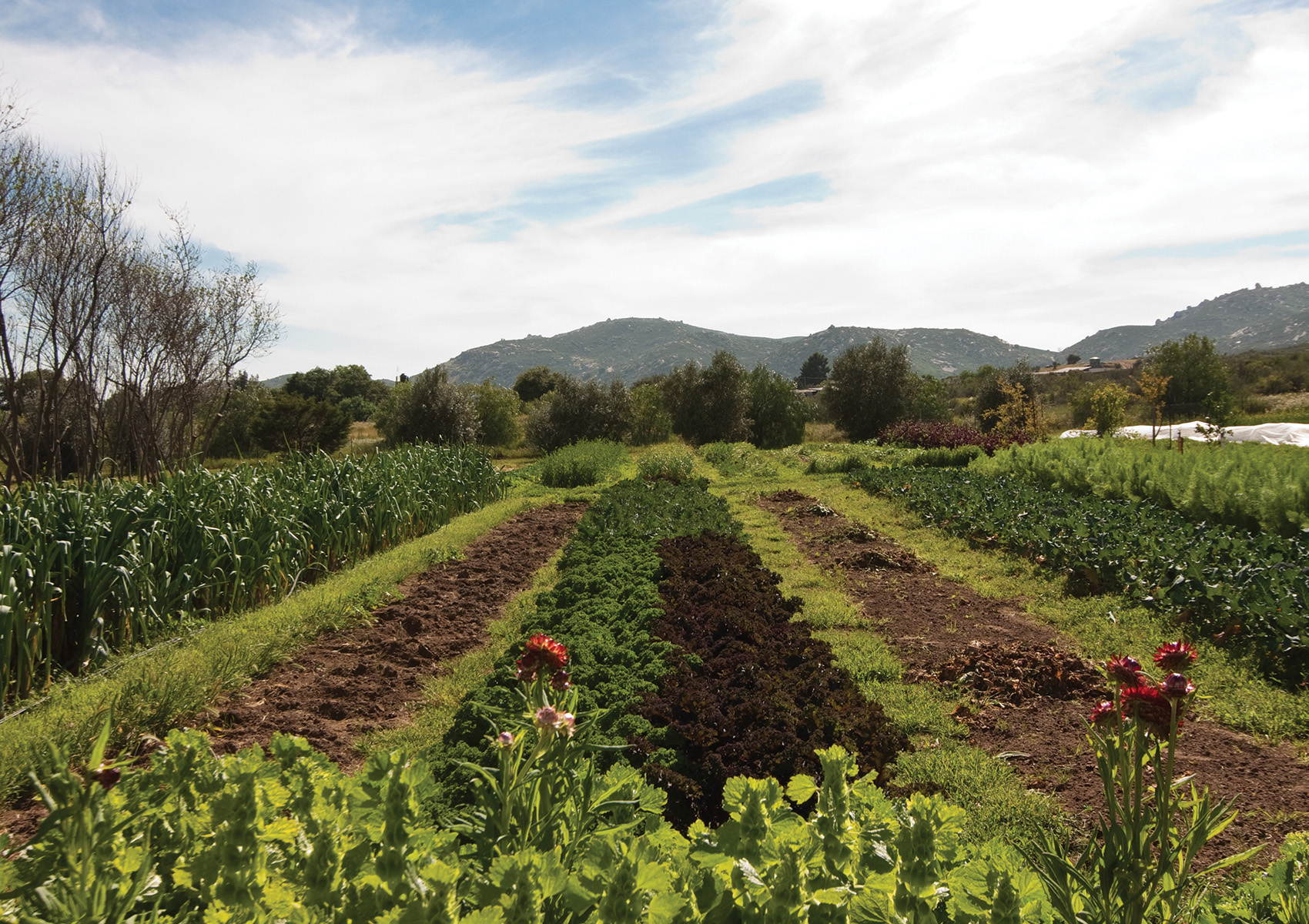At Tree-Range Farms, the emphasis on maintaining healthy soil is not just a practice, it’s a principle. Healthy soils are the foundation of sustainable agriculture, acting as a vital living ecosystem that sustains plants, animals, and microorganisms. By nurturing the soil, the farm enhances its productivity and sustainability, ensuring that it can continue to produce high-quality food without depleting its resources. The farm’s commitment to soil health is evident in its use of innovative techniques that promote a balance of nutrients, organic matter, and soil organisms, all of which contribute to a robust agricultural ecosystem. For those looking to articulate similar concepts effectively, EssayService can be your paper writing partner.

What Constitutes Healthy Soil? Key Characteristics and Indicators
Healthy soil is characterized by its rich organic matter content, diverse microbial life, and excellent soil structure. These characteristics are critical because they affect the soil’s ability to hold water, support plant growth, and resist erosion. Indicators of healthy soil include dark coloration due to abundant organic compounds, crumbly soil aggregates that allow for good air and water infiltration, and a lively community of soil organisms from bacteria to larger earthworms. At Tree-Range Farms, regular soil tests are conducted to assess these indicators and guide management practices that enhance soil health.
The Role of Soil Organic Matter in Enhancing Soil Health
Soil organic matter plays a pivotal role at Tree-Range Farms. It is crucial for maintaining soil fertility by improving soil physical properties and providing a food source for essential soil microbes. These microbes, in turn, help cycle nutrients and improve soil structure, making it more resilient to soil compaction and erosion. The presence of high levels of organic matter also enhances the soil’s ability to retain water and nutrients, which are vital for growing plants and sustaining the overall productivity of the farm.

Techniques Used at Tree-Range Farms to Boost Soil Organic Matter
To boost soil organic matter, Tree-Range Farms implements several key techniques. These include the application of compost, integration of plant residues, and the use of cover crops to add organic material back into the soil. These practices not only increase the organic matter but also help maintain the soil structure and fertility. Additionally, the farm employs crop rotation and minimal tillage to preserve soil aggregates and minimize disruption to the soil organisms that play a crucial role in organic matter decomposition and nutrient cycling.
The Impact of Organic Matter on Water Retention and Nutrient Availability
The enhanced soil organic matter at Tree-Range Farms significantly impacts water retention and nutrient availability. Organic matter acts like a sponge, holding water much more efficiently than inorganic soil particles, which helps the soil retain moisture during dry spells and reduces the need for irrigation. This water-retaining capability, coupled with the organic matter’s role in slowly releasing nutrients, ensures that plants have a steady supply of water and nutrients, leading to better growth and higher yields.

Plant Roots and Their Critical Role in Soil Structure and Health
Plant roots play an essential role in maintaining soil health. At Tree-Range Farms, the diverse plant species used in crop rotations and cover cropping systems are chosen for their varied root structures, which help to naturally aerate the soil and reduce soil compaction. These roots also exude sugars and other organic compounds that feed soil microorganisms, fostering a dynamic relationship between the plants and the soil. This interaction not only enhances the soil’s structure but also its continued capacity to support agricultural productivity.
Integrating Organic Matter: Practical Methods at Tree-Range Farms
Integrating organic matter into the soil is a continuous effort at Tree-Range Farms. This is achieved through the strategic use of animal manure, green manures from cover crops, and compost made from farm waste. These inputs significantly enrich the soil, improving its texture and fertility. The farm also practices conservation tillage to maintain the integrity of the soil structure and minimize erosion. By managing soil organic matter actively, the farm ensures that the soil remains healthy and productive year after year.

Future Directions: Innovations in Soil Health for Enhanced Farm Productivity
Looking forward, Tree-Range Farms is focused on advancing regenerative agricultural practices that further enhance soil health and farm productivity. Innovations in soil health monitoring, including the use of sensors and drones, are being explored to provide more precise data on soil conditions and help fine-tune management practices. The farm is also expanding its use of indigenous farming techniques and exploring new plant species that could enrich the soil even further. With these advancements, Tree-Range Farms is set to continue leading the way in sustainable and productive farming.
Academic writing services that do my homework for me WritePaper assist students in crafting well-structured essays with in-depth research. These platforms simplify the writing process while ensuring originality and high-quality content.